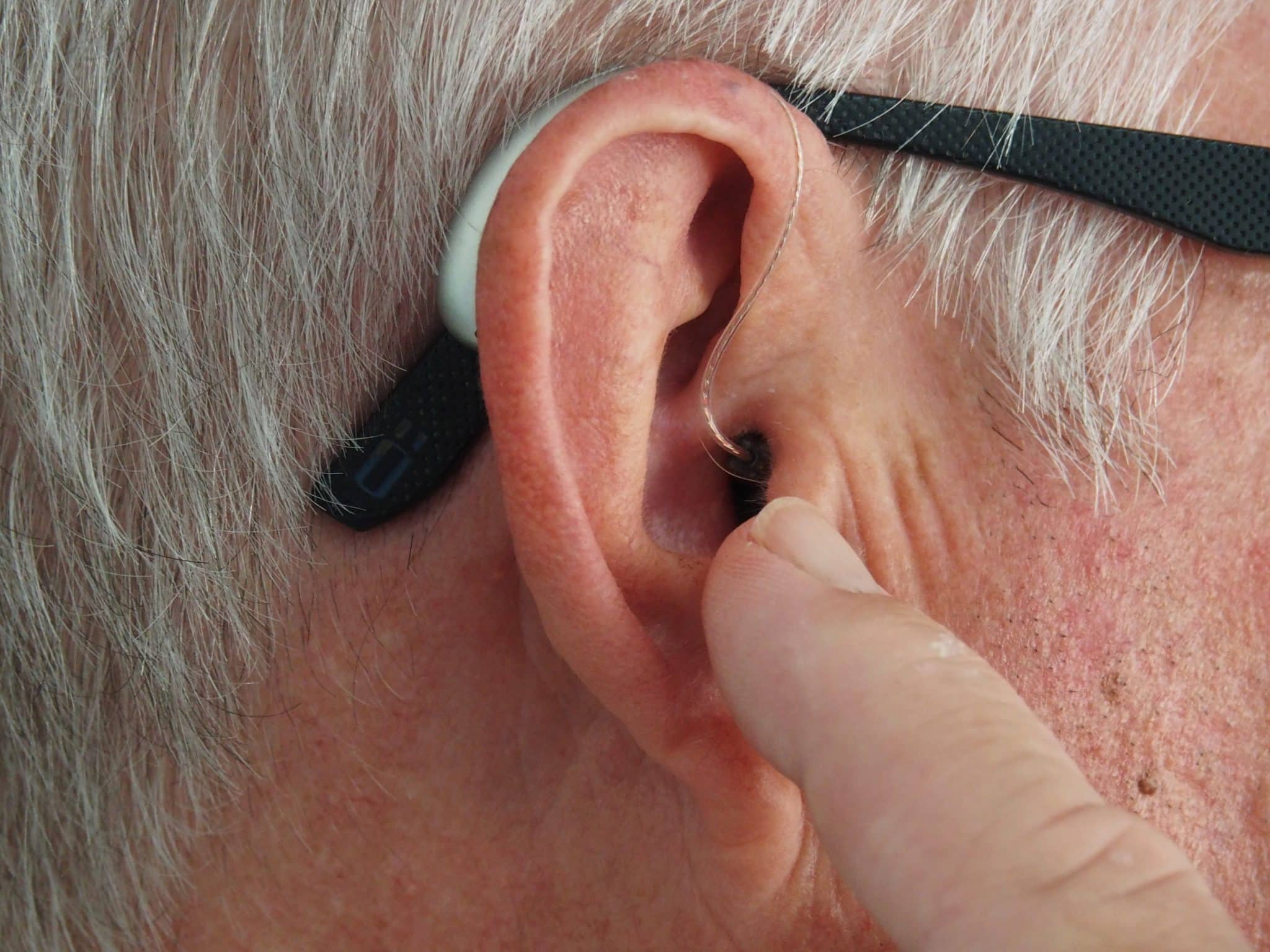 The scene is familiar: you’re so caught up in your crime novel that you completely overhear the 12th ring of your telephone.
The crossword puzzle got you so hooked that your bus stops 5 stations after your supposed destination.
Similarly, typing that message on your mobile phone while crossing the street almost gets you killed because you don’t hear the approaching traffic.
There are times when we unintentionally block out certain sounds and other outside goings-on that would otherwise distract us from what we’re currently doing. This type of “hearing loss” is called selective hearing and has been the focus of much research recently.
The scene is familiar: you’re so caught up in your crime novel that you completely overhear the 12th ring of your telephone.
The crossword puzzle got you so hooked that your bus stops 5 stations after your supposed destination.
Similarly, typing that message on your mobile phone while crossing the street almost gets you killed because you don’t hear the approaching traffic.
There are times when we unintentionally block out certain sounds and other outside goings-on that would otherwise distract us from what we’re currently doing. This type of “hearing loss” is called selective hearing and has been the focus of much research recently.
Get $200 off a pair of Omni 2 hearing aids with code EARTHDAY200
 The scene is familiar: you’re so caught up in your crime novel that you completely overhear the 12th ring of your telephone.
The crossword puzzle got you so hooked that your bus stops 5 stations after your supposed destination.
Similarly, typing that message on your mobile phone while crossing the street almost gets you killed because you don’t hear the approaching traffic.
There are times when we unintentionally block out certain sounds and other outside goings-on that would otherwise distract us from what we’re currently doing. This type of “hearing loss” is called selective hearing and has been the focus of much research recently.
The scene is familiar: you’re so caught up in your crime novel that you completely overhear the 12th ring of your telephone.
The crossword puzzle got you so hooked that your bus stops 5 stations after your supposed destination.
Similarly, typing that message on your mobile phone while crossing the street almost gets you killed because you don’t hear the approaching traffic.
There are times when we unintentionally block out certain sounds and other outside goings-on that would otherwise distract us from what we’re currently doing. This type of “hearing loss” is called selective hearing and has been the focus of much research recently.




